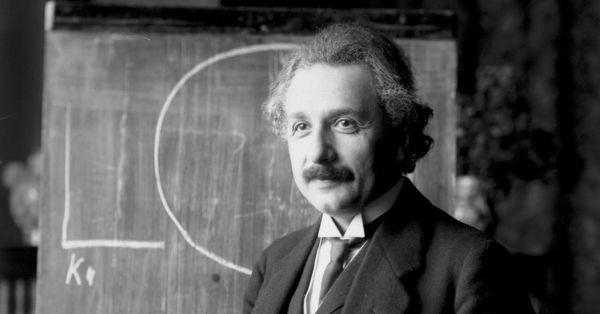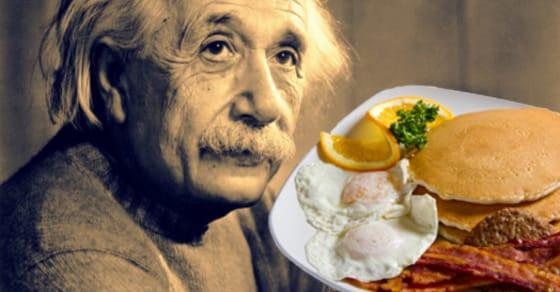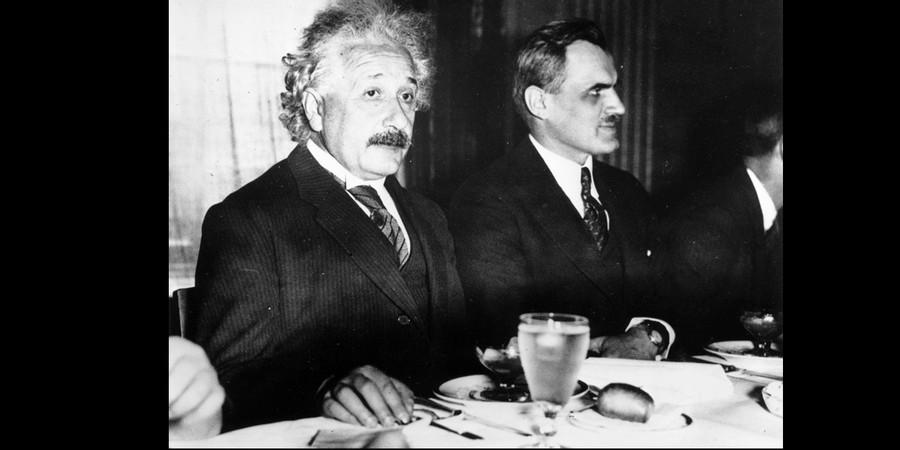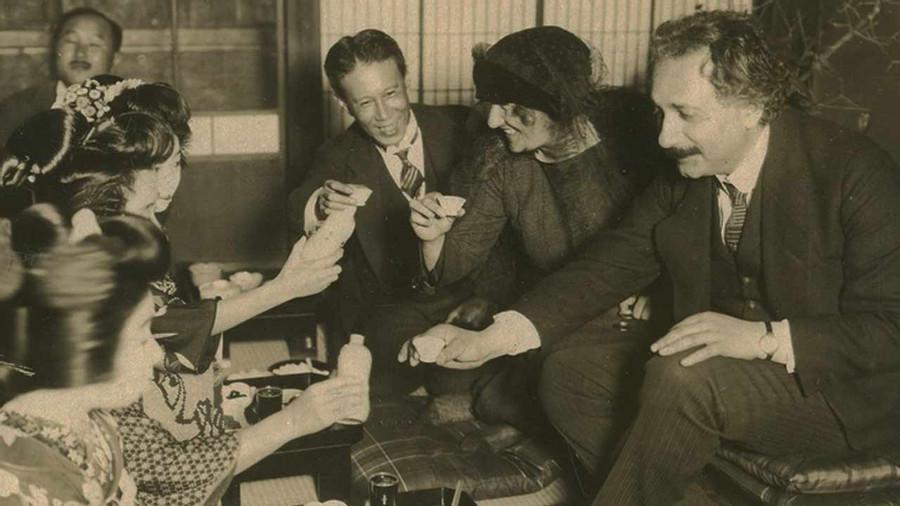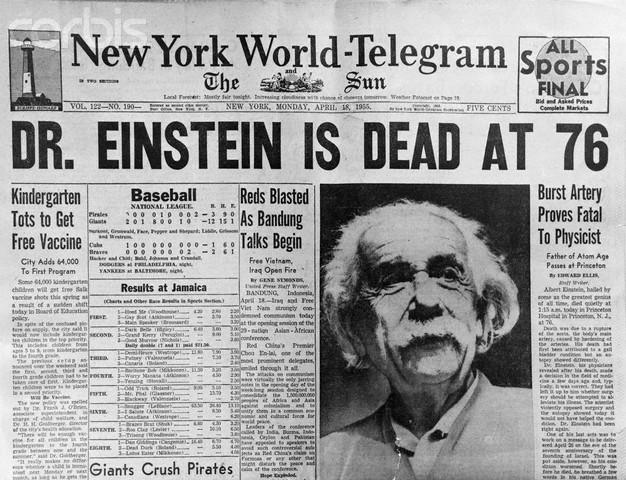What did Einstein eat? Inside the diet of the famed physicist
Curated from: inverse.com
Ideas, facts & insights covering these topics:
6 ideas
·856 reads
5
Explore the World's Best Ideas
Join today and uncover 100+ curated journeys from 50+ topics. Unlock access to our mobile app with extensive features.
The Question About Einstein's Diet
We’ve long known that diet plays a key role in our overall health. And in recent years the connection between the microbiome — the microorganisms that reside in our gut, the makeup of which is partially dependent on what we eat — and our brain function is becoming increasingly clear.
So this all begs the question: Was Einstein’s genius, as some have claimed, aided by his diet? Let’s find out.
10
121 reads
What Einstein Had For Breakfast
Scientists have long understood that the human body, including the brain, needs food to function optimally. It appears Einstein understood the importance of getting some brain fuel before starting the day.
Einstein’s breakfast was actually pretty nutritionally dense. Eggs are high in protein and minerals like iron, selenium, and phosphorus; mushrooms, a favourite of the physicist, are high in B vitamins and antioxidants. It’s unlikely these foods were the source of Einstein’s genius, but a diet high in proteins, vitamins, and minerals may have helped Einstein’s brain function optimally.
13
156 reads
What Einstein Had For Lunch
Being a terrible cook and eating things out of cans is the mark of genius.
Compared to breakfast, lunch was much less of a regular occurrence in Einstein’s daily life. In 1915, he wrote a letter to his second son, Hans Albert Einstein, in which he says, “I am often so engrossed in my work that I forget to eat lunch.”
12
146 reads
What Einstein Had For Dinner
Some of Einstein’s scientist friends would regularly get together to discuss physics and other academic pursuits. These dinners were frugal repasts of sausage, Gruyère cheese, fruit, and tea.
Indeed, even when the food was much fancier, Einstein was more prone to getting wrapped up in conversation paying little attention to what he was eating. His friends, mathematicians Maurice Solovine and Conrad Habicht, brought him caviar for his birthday.
10
149 reads
The Health Of Einstein
When Einstein was 38-years-old, one of his friends became so concerned about the scientist’s digestive problems that he sent him to a doctor. The physician diagnosed him with a “chronic stomach malady” and mandated a four-week special bland diet.
Despite the tasteless diet, his stomach problems persisted into his later life and seemed to become more serious with time. Doctors told him first to eat a balanced diet of meat and simple carbohydrates. Then, about a year before he died, a doctor suggested he cut meat, fat, and alcohol out of entirely. His vegetarianism lasted only one year.
10
129 reads
The Death Of Einstein
In April of 1955, Einstein died from an abdominal aortic aneurysm. Although his diet likely isn’t to blame, his lifestyle habits may have been. According to the Mayo Clinic, tobacco use is the biggest risk factor for developing an abdominal aortic aneurysm.
So is a diet of beans, eggs, and mushrooms the secret to cracking science’s toughest questions? Of course not. But eating those kinds of nutrient-dense foods may give you the energy to try.
11
155 reads
IDEAS CURATED BY
Brian 's ideas are part of this journey:
Learn more about scienceandnature with this collection
Seeking support from others
Identifying the symptoms of burnout
Learning to say no
Related collections
Similar ideas
3 ideas
6 ideas
Read & Learn
20x Faster
without
deepstash
with
deepstash
with
deepstash
Personalized microlearning
—
100+ Learning Journeys
—
Access to 200,000+ ideas
—
Access to the mobile app
—
Unlimited idea saving
—
—
Unlimited history
—
—
Unlimited listening to ideas
—
—
Downloading & offline access
—
—
Supercharge your mind with one idea per day
Enter your email and spend 1 minute every day to learn something new.
I agree to receive email updates

